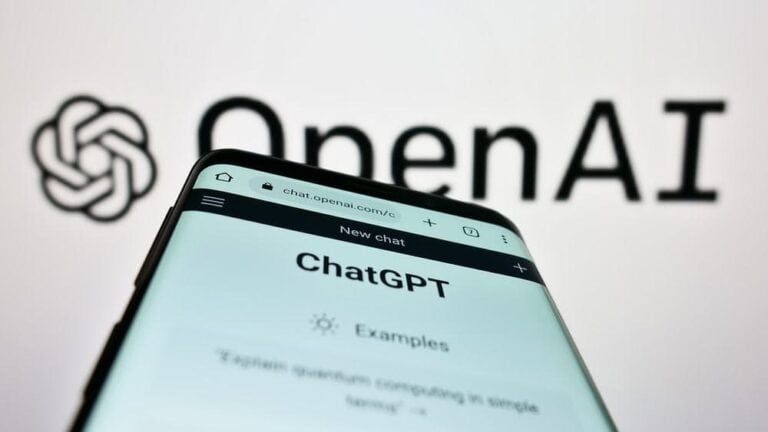Italy’s privacy regulator is fining OpenAI 15 million euros. The ChatGPT maker has been found guilty of processing user data for AI training without a clear legal basis.
The fine follows almost a year after Italian privacy regulator GPDP (aka Garante) already reached this conclusion. However, to actually see if a fine was fitting, it was required to conduct a longer investigation. Although the final amount is sizable, OpenAI won’t lose any sleep over it. It has bigger financial costs, which it has previously been able to offset with giant investments, such as $10 billion from Microsoft in early 2023.
Italy is not just demanding money from OpenAI. It also requires the chatbot maker to undertake forced advertising over the next six months to clarify public awareness of ChatGPT. This must include an emphasis on the implications for data protection and data sharing for AI training.
Beyond that requirement, the fine is also significantly higher than the recent GDPR fine that Netflix received from the Dutch regulator, the Authority for Personal Data (Autoriteit Persoonsgegevens or AP). That amount ultimately turned out to be 4.75 million euros.
Read more: Extremely high Dutch GDPR fine for Netflix
European view
The outcry over ChatGPT’s privacy implications (and those of generative AI in general) followed shortly after the introduction of OpenAI’s chatbot in late 2022. Italy led the way in this, in part by temporarily banning ChatGPT. This ban was lifted in May 2023. Months later, regulators at the European level managed to present an AI regulation, although presumably that law will have to be continuously updated to meet the latest developments. What is clear, however, is that the EU wants to set clear frameworks around AI solutions. This has already led on several occasions to the postponement or cancellation of AI products, such as Google Bard (now Gemini), Apple Intelligence on iPhones and Meta’s Llama models. This is because there was no guarantee by the makers of these applications that they would comply with European laws. Regularly, by the way, the stumbling block is long-standing privacy legislation, such as the Data Act and the GDPR.
Also read: OpenAI launches o1, making ChatGPT smarter than ever
